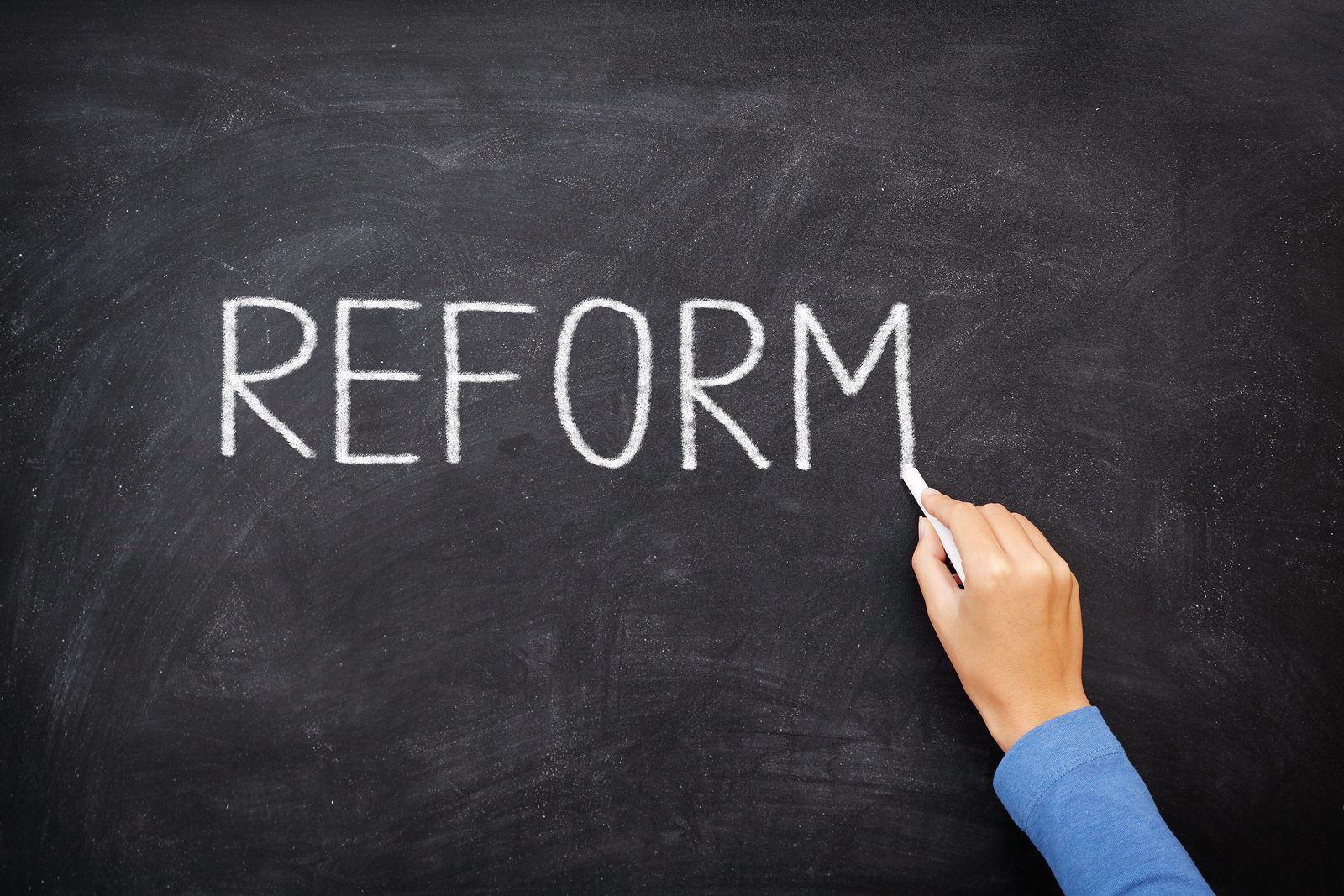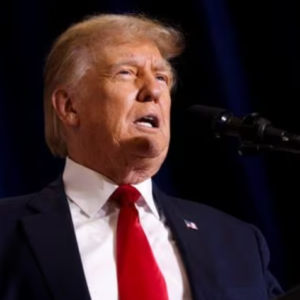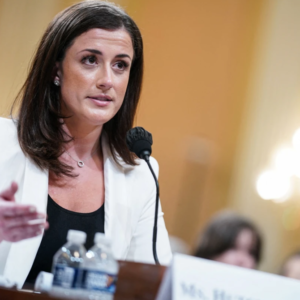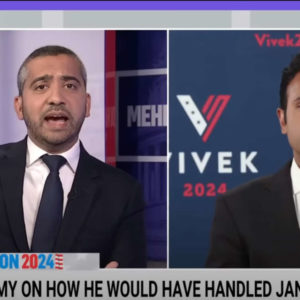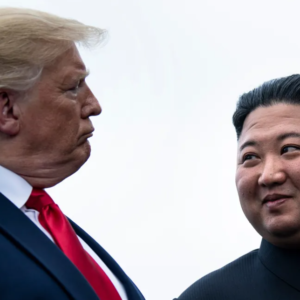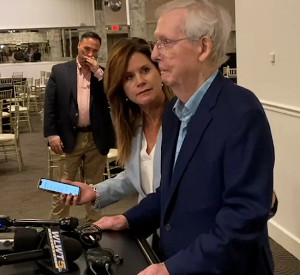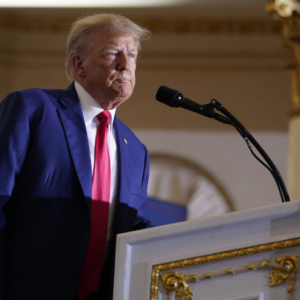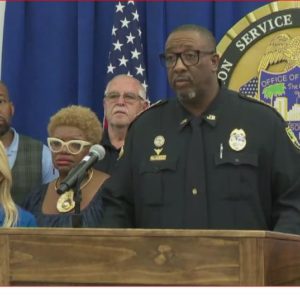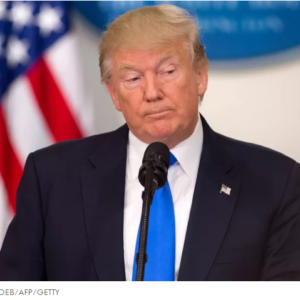If only the education system would stand up to it.
Unfortunately, what we have at the national level is a know-very-little president and an Education Secretary who cares not a whit about anything to do with public education, and who made sure that public money is being funneled to private a religious institutions to the detriment of neighborhood schools. I certainly understand that parents should have a choice if they don’t want to send their child to a public school, but it’s their…choice, and public schools should always be the first recipient of public money. Which makes the public school system the next institution that will need significant reform.
As this article says, the very manner in which we fund and organize public schools needs to change. It’s been true for a great number of years; the pandemic has simply exposed it. We have too many public school districts in this country, and they all compete for scarce dollars. Worse, though, is the inherent inequality that sits in side-by-side communities. There is no reason for this to occur. True, the neighborhood school has been part of American life for more than two centuries, but times have changed and education is a key to future opportunities. To deny anyone a quality education based on artificial lines only serves to exclude children from taking full advantage of what this country has to offer.
What we need to change is the way we distribute funds. In New Jersey, there are over 550 school districts and each one relies on local tax money for its funding. Districts that include wealthy towns can buy more services. Those that don’t have the same resources get less. Many districts get very little. Because of lawsuits aimed at increasing educational equity, many districts receive a great deal of state aid, while others, usually the wealthier ones, have to rely on ever-increasing property taxes for funding. Resentment runs deep when any politician hints at ending this home rule. But to keep it means continued inequities and fewer educational opportunities.
Changing borders and district lines makes sense because more students will have access to educational resources. Shared services and shared communities might help break down social barriers. There will be some pain, too. Teachers will lose their jobs and some towns might lose schools. It won’t be free.
Right now, though, we are living through a time when many children do not have computers or reliable internet connections. Many are missing meals. Many are not showing up to school because local or state governments can’t afford to provide remote services. Parents without reliable, or any, health insurance must continue to physically go to work, facing a choice between their money or their lives. This must stop. This country can afford to provide for its children. We need the political will to do that.
For more, go to www.facebook.com/WhereDemocracyLives or Twitter @rigrundfest
